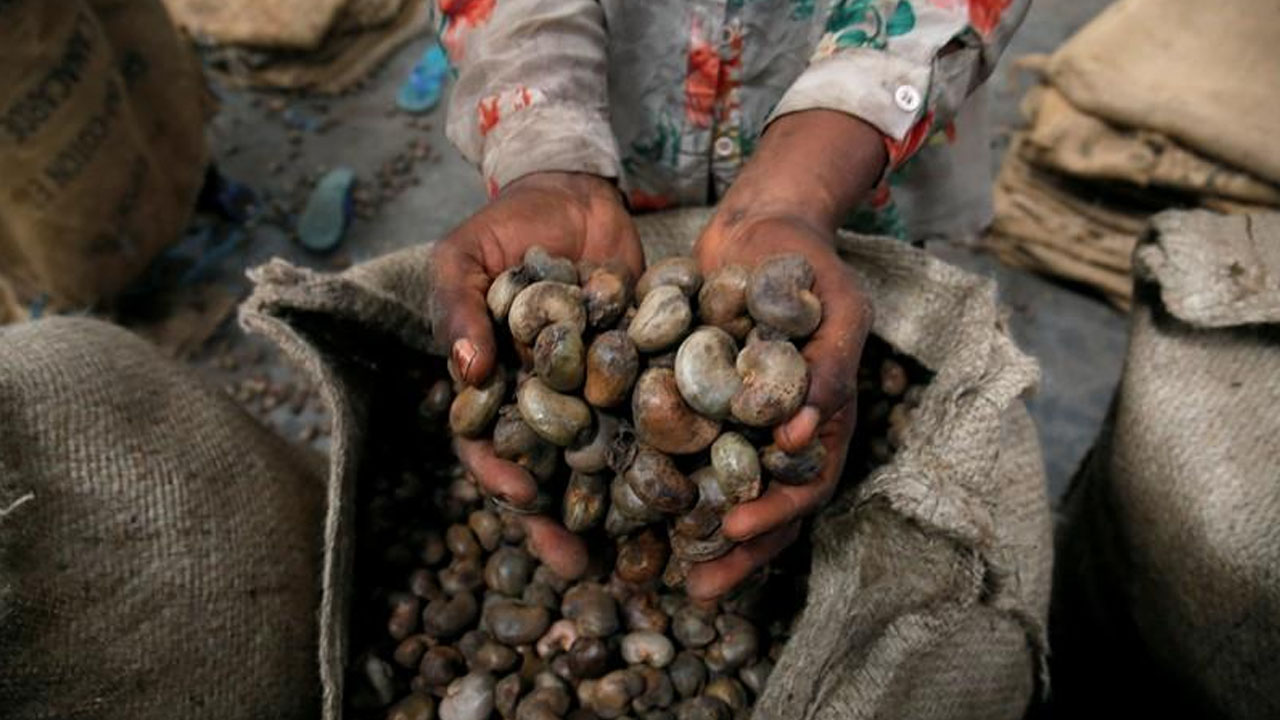For thousands of poultry farmers scattered across the country, their challenges appear to be far from over going by the continuous financial strain that has plunged the industry into near-comatose.
Currently, these farmers are facing two serious dilemmas, threatening the livelihoods of thousands and potentially impacting food security.
While the rising cost of feed, particularly maize, and the inability to feed their birds have forced many to close down their businesses abruptly, those who struggled to stay afloat are recording losses due to lack of patronage.
According to available statistics made available by the Poultry Association of Nigeria (PAN), in the first half of 2024 alone, over 30 per cent of farms shutdown across Nigeria, and since then, almost on daily basis, the farmers are deserting the industry for other lucrative businesses.
The Guardian investigations revealed that though the farmers have been facing tough time since the economic policies introduced by the administration took off in May 29, 2025, but the 50 per cent monthly hike in maize price introduced last year, worsened their plight.
This did not only lead to increase in egg prices, birds and other poultry products, it also forced many to abandon the business when they couldn’t break even. As at May 2024, a crate of eggs in Lagos was selling for between N3, 200 to N3, 500, by June, it jumped to between N3, 800 to N4, 500, and by July, the price increased to N5, 200 in Lagos and other major areas.
Though based on market survey, consumers pay up to N6, 500 for a crate of eggs sold by middlemen, the farmers failed to break even as the inflation aggravated their plight.
Due to these challenges, egg, considered as the most affordable source of protein and the cheapest, has now gone beyond the reach of the masses, as the price has increased with over 200 per cent. A piece of egg sold for N100 in February 2024 is now selling for between N250 and N300 now.
Last October, the farmers warned that a crate may increase to as high as N10, 000, if the Federal Government fails to declare a state of emergency on the industry, but rather than abating it got more worse as the price hike ultimately led to reduced patronage, worsened by low purchasing power, greedy retailers, and low consumption according to the farmers.
Currently, the industry is experiencing a glut, worsening the plight of the farmers and further throwing the industry into disarray. Many of these farmers have begun to take desperate steps to control this glut issue. Just few days ago, the farmers in Lagos disclosed plans to set up poultry sale points across Local Councils in the state, to reduce the cost of poultry products by allowing direct sales to consumers.
The PAN Chairman in the state, Mr. Mojeed Iyiola, who expressed concern over the continued rise in the cost of poultry products, said the glut prompted the association’s decision to sell directly to the public.
To achieve their target, Iyiola said PAN is working with local council authorities to secure spaces within their premises for direct sales.Another farmer operating in Gudugba area of Ogun State, Jonathan James said aside taking the eggs and birds to markets for sale, the association in the state is hoping that the state government will mop up the products to save them from financial losses. He added that except something urgent is done; more farms may fold up within and outside the state, as purchasing power has driven their customers away.
A poultry farmer based in Lagos, Tolulope Dramola, who is the Founder, Menitos Farms, who rued the current situation of the industry, told The Guardian that the misfortune of the industry might worsen, noting that she was forced to stop egg production completely, as it is no longer sustainable.
While noting that she is currently focusing on breeding of birds for meat, Daramola lamented that: “From cost of day-old-chicks, to cost of feeds, to incessant electricity grid collapse, it has been stubbornness keeping us going.
“During that power grid failure days ago, we lost about 30kg of birds, despite running on fuel. Fuel can’t freeze the stock, it just keeps it cold and most customers want it frozen so that it can withstand transportation interval. So, the lingering challenges of breeding the birds are always worsened by power problem in the country, which has resulted to huge financial losses.”
However, The Guardian learnt that despite the fact that prices of maize – a major component in feed formulation dropped 33 per cent between February and June 2025 to N450, 000 per metric ton, from N600,000 quoted in January 2025 on a year-on-year, the prices of eggs and other poultry products have refused to come down.






